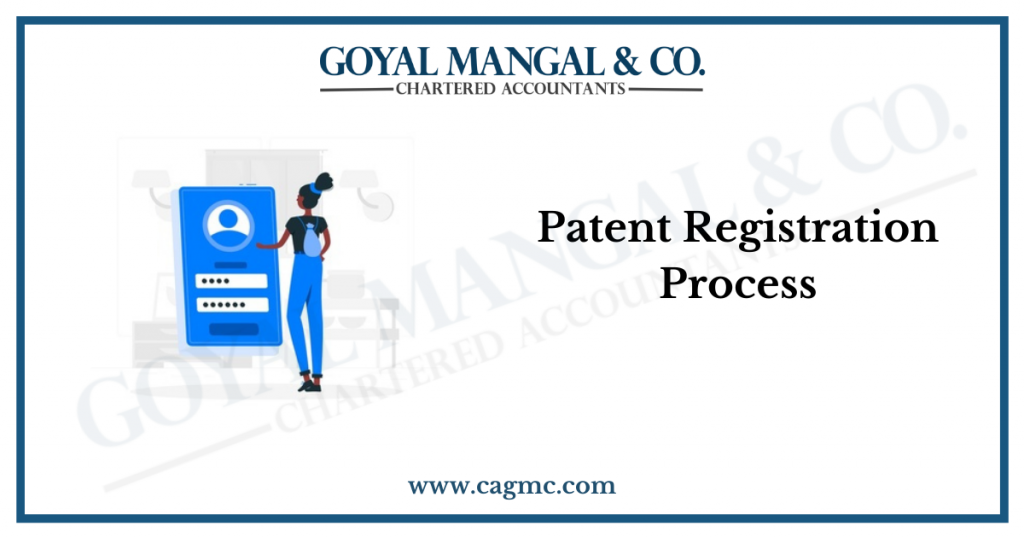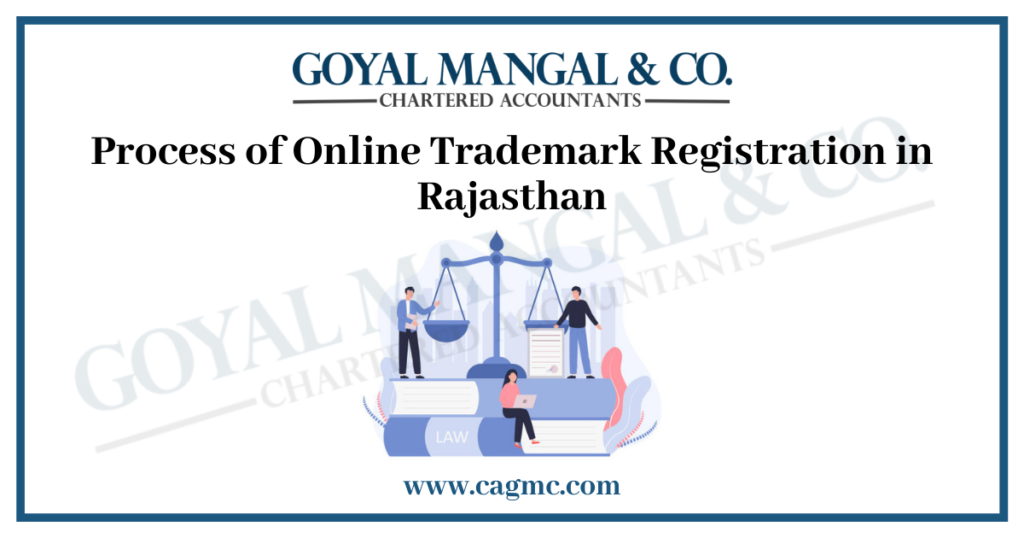
A trademark is any distinguishing term, logo, symbol, or combination of words, symbols, and numbers that identifies a brand in the marketplace. Trademark registration allows the owner of the mark exclusive usage rights in the category of their goods and services. Allowing others to use your brand devalues it, and defending a trademark can be difficult. In India, the significance of registering a brand name is becoming more generally recognized. However, the owners remain unconcerned about the unlawful use of their registered trademarks. Within an organization, trademark violations can occur, affecting the brand’s value as well as the owner’s company’s market share. In this we’ll discuss about what to do if someone infringes your trademark.
Table of Content
Overview of Trademark Infringement?
The Trademarks Act, of 1999 governs trademark protection in India. The Act establishes the laws governing trademark registration, protection, and infringement penalties. Trademarks are considered intellectual property throughout the world.
When someone infringes your trademark without the your consent, it causes customer uncertainty about the source of products or services. It involves the unauthorized reproduction, replication, or use of a registered trademark, degrading its distinctiveness and potentially causing damage to the brand reputation and business interests of the original owner. Trademark infringement is a violation of the intellectual property rights of an authorized individual that can result in legal action such as cease and desist orders, monetary damages, and even the confiscation of the infringing trademark. Businesses must understand and protect their trademarks to retain brand identity and avoid infringement.
Passing-off in Trademark
Passing-off occurs when one person possesses a registered trademark and another person sells goods or performs services under the same trademark without the first person’s consent. The law of passing off is concerned with unfair competition since the infringer benefits from the reputation of the origin connected with the registered brand in such a case.
Passing off is a common law tort that can be used to protect unregistered trademark rights when the second user uses the first user’s unregistered trademark and misleads the public into believing that the products or services are being offered by the first. Passing off happens when the reputation of one business is stolen by another party engaged in the same business so that party B misrepresents the reputation and harms party A’s goodwill.
The infringer’s second business leads to Misleading the public into believing that the infringer’s goods are affiliated with the first; Financial and reputational harm to the first.
Who can file a Trademark Infringement Case?
In the event of a passing off or infringement, the following people are eligible to sue:
- The proprietor of the trademark; the proprietor’s legal successors/heirs;
- A registered user, only when the registered user has sent a notification to the infringer and has not taken any action as a result.
- If it is a joint venture, any of the partners may participate.
- When a foreign owner has a trademark registered in India, and infringement occurs in India,
Different Types of Trademark Infringement
When researching trademark infringement, it is critical to recognize two types of infringement:
- Direct infringement: Section 29 of the Act defines direct infringement. The following are the conditions that cause a direct breach to occur:
- Use by an unauthorized person: This means that a trademark violation occurs only when the mark is used by someone who is not authorized by the registered trademark proprietor. Infringement does not occur if the mark is utilized with the permission of the registered trademark proprietor.
- Identical or deceptively similar: The unauthorized person’s trademark must be either identical to or deceptively similar to the registered trademark. The phrase ‘deceptively similar’ here simply indicates that the average consumer may be confused by the marks and mistake them for the same.
- Registered trademark: The Act only protects trademarks that have been registered with India’s trademark registrar. The common law trademark for passing off is utilized to settle disputes when an unregistered mark is violated. It is a type of tort law that is employed when another person’s or group of people’s actions cause hurt or damage to their goodwill.
- Class of goods or services: To constitute trademark infringement, the unauthorized use of the mark must be utilized for the propagation of goods or services that are in the same class as the registered brand.
- Indirect infringement
In contrast to direct infringement, there is no specific provision in the Act dealing with indirect infringement. This is not to say that indirect infringement is not punishable. It holds liable not only the primary infringer but also everyone who aids or causes that primary infringer to infringe. Indirect violations are classified into two types:
- Vicarious liability: Section 114 of the Act states that if a firm commits an offence under this Act, the entire company is accountable. As a result, not only the principal offender but also every individual accountable for the company will be liable for indirect infringement, unless they acted in good faith and had no knowledge of the infringement.
- Contributory infringement: It is comprised of only three fundamental elements:-
When the person is aware of the infringement;
When the person contributes meaningfully to the direct infringement;
When the person motivates the major infringer to infringe.
There is no exception in the situation of contributory infringement since the contributing infringer has no prospect of acting in good faith.
Penalties for Trademark Infringement
In India, trademark infringement penalty is imposed for cases like passing off, as infringement of a trademark is a punishable offence, which means that the offender may face criminal prosecution in addition to civil liability. The registration of a trademark is also not necessary by Indian law for the institution of civil or criminal proceedings. The court may grant the following remedies in cases of trademark infringement or passing off:
- Temporary injunction
- Permanent injunction
- Damages
- Account of profits (damages in the amount of the profits gained from the infringement)
- Destruction of goods using the infringing mark
- Cost of legal proceedings
Conclusion
So, knowing what to do if someone infringes your trademark is critical when confronted with the terrifying potential of trademark infringement. It is difficult to protect your logo’s identification and popularity. Take active action by way of finding the infringement, legally contacting the infringer, and, if required, go with legal proceedings. Regular monitoring of your trademark rights is required for long-term brand safety. With the aid of carefully following these steps, you may defend your trademark, hold the integrity of your logo, and make certain that your intellectual belongings are included in modern day competitive commercial enterprise landscape.


